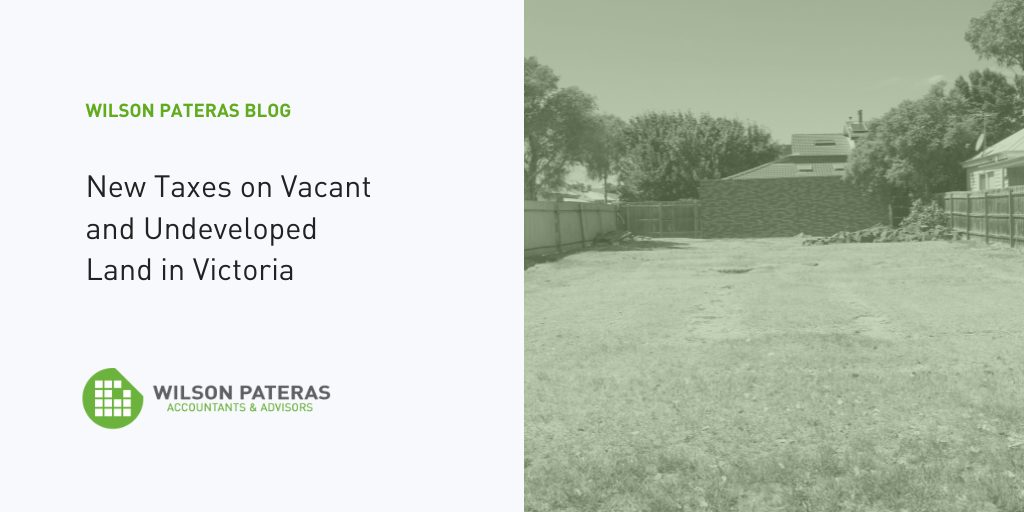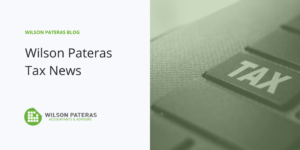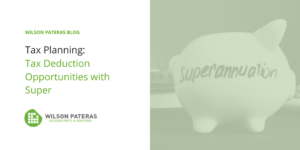
Victorian Treasurer Tim Pallas has announced tax increases on vacant residential properties and undeveloped residential land in order to combat the current housing supply and affordability crisis.
It is the first major government announcement since Jacinta Allan became Premier just a few weeks ago, and follows outgoing Premier Daniel Andrews’ Housing Statement that was made just before his resignation.
Changes to vacant residential property tax
Currently, only residential properties in Melbourne’s inner and middle-ring suburbs that are left vacant for more than six months are taxed at 1% of the home’s capital improved value. For example, an average Victorian home worth $800,000 that’s left vacant for more than six months attracts a tax of $8,000.
However, this annual vacancy tax will become statewide on January 1, 2025. It is forecast that an extra 700 vacant homes will be subject to the tax. Holiday homes and properties being renovated will remain exempt.
New tax on undeveloped residential land in Melbourne
Vacant land in metropolitan Melbourne that has been undeveloped for five years or more will be included in the Vacant Residential Land Tax scheme from 1 January 2026 for the first time, and therefore subject to the 1% tax. The move is designed to reduce the practice of land banking by developers, where they buy large and strategic blocks of land for development but slow its release in order to maximise profits.
In announcing the new tax, Treasurer Tim Pallas said:
“We can’t afford, really, to have vacant land in metropolitan Melbourne sitting idle. Our clear message to the landowners is to either develop land or sell it to someone who will.”
The new tax complements the Housing Statement’s goal of building 80,000 extra homes each year for the next decade. Premier Jacinta Allan responded to critics of the new tax during her first question time in parliament since taking over from Daniel Andrews:
“The legislation that the Treasurer is bringing to the parliament this week fits with that overall effort to build more homes for Victoria. Because what the Treasurer is doing is extending a policy setting that makes sure more homes are available for people.”
Likely impact on Victorian property prices
The new tax is not expected to have any short -term impact on property prices. It is a medium-to-longer-term initiative to boost supply and stabilise prices. The current housing supply crisis is being caused by rapid population growth. Victoria is Australia’s fastest growing State and is forecast to overtake New South Wales’ population by 2031.
Victorian property price trends and vacancy rates
Like many property markets across Australia, Victorian property prices have boomed over the past few years on the back of high demand and increased building costs.
Rent rates have also significantly increased due to high demand and extremely low vacancy rates. According to the latest figures, rental vacancy rates in Melbourne are at a record-low 1%. More supply is urgently needed to alleviate the situation.
How we can help
If you have vacant residential properties or undeveloped residential land and would like to start preparing for the changes, including the imminent tax you may need to pay, please contact your accountant or financial advisor on 03 8419 9800.
This content has been prepared by Wilson Pateras to further our commitment to proactive services and advice for our clients, by providing current information and events. Any advice is of a general nature only and does not take into account your personal objectives or financial situation. Before making any decision, you should consider your particular circumstances and whether the information is suitable to your needs including by seeking professional advice. You should also read any relevant disclosure documents. Whilst every effort has been made to verify the accuracy of this information, Wilson Pateras, its officers, employees and agents disclaim all liability, to the extent permissible by law, for any error, inaccuracy in, or omission from, the information contained above including any loss or damage suffered by any person directly or indirectly through relying on this information. Liability limited by a scheme approved under Professional Standards Legislation.





